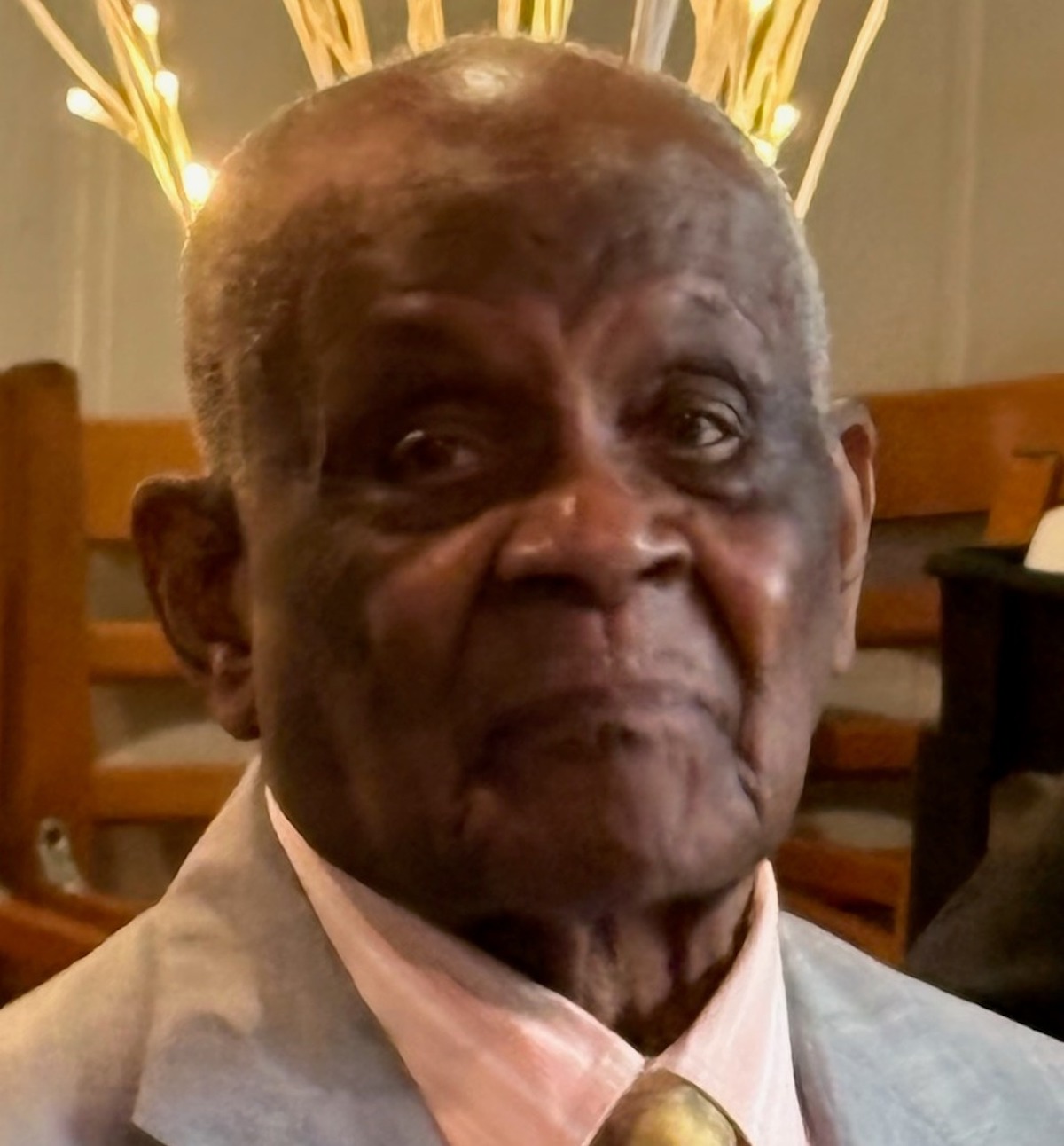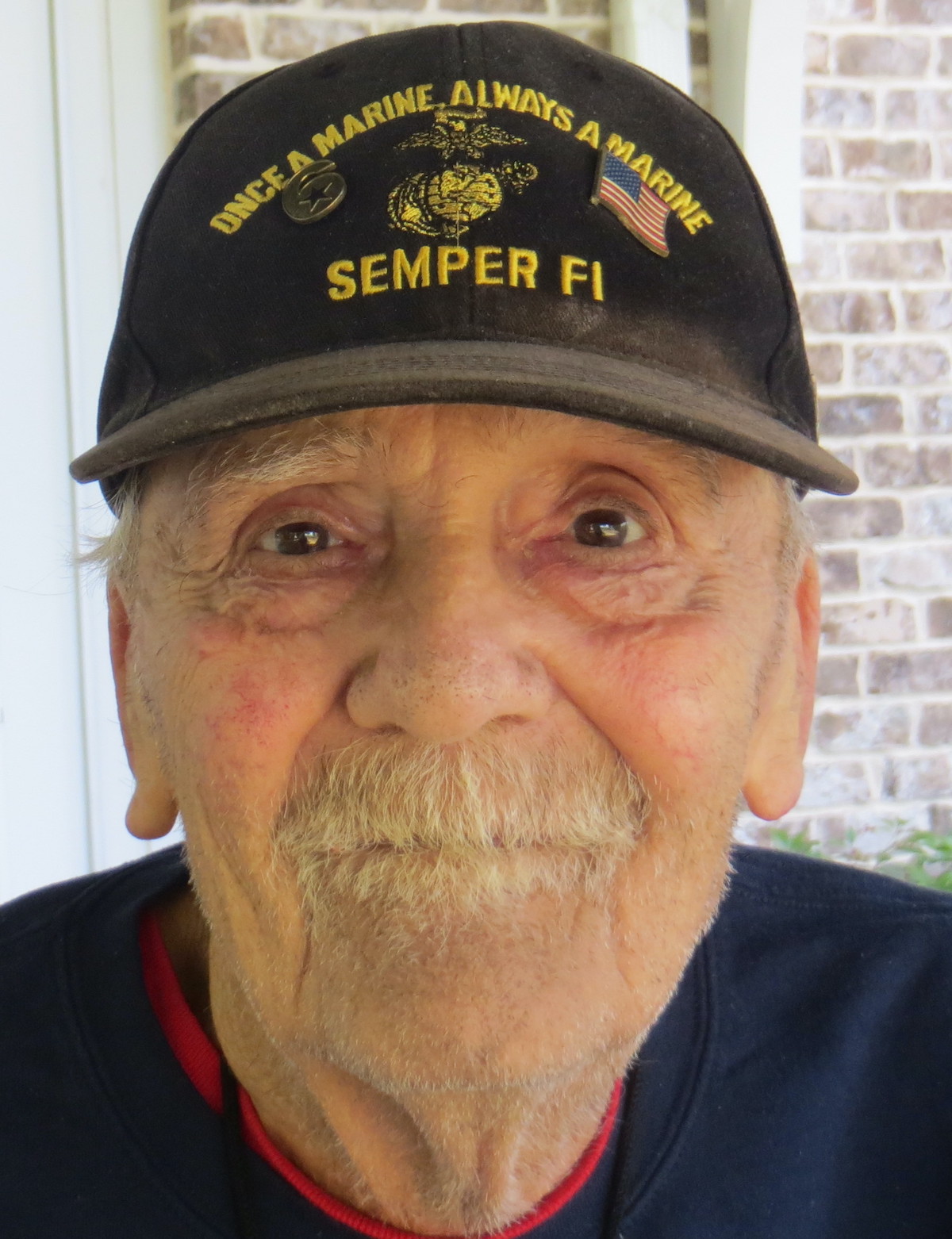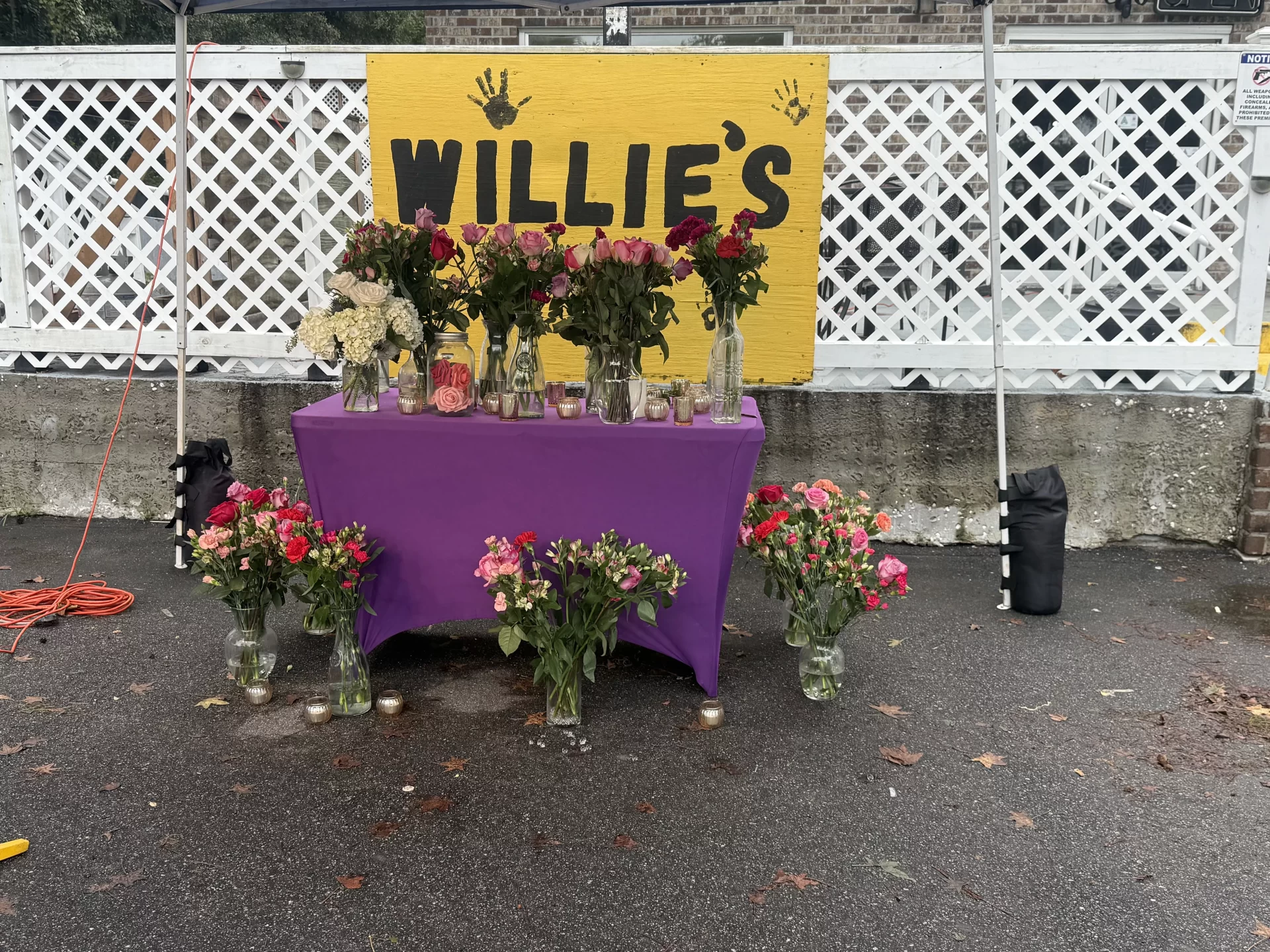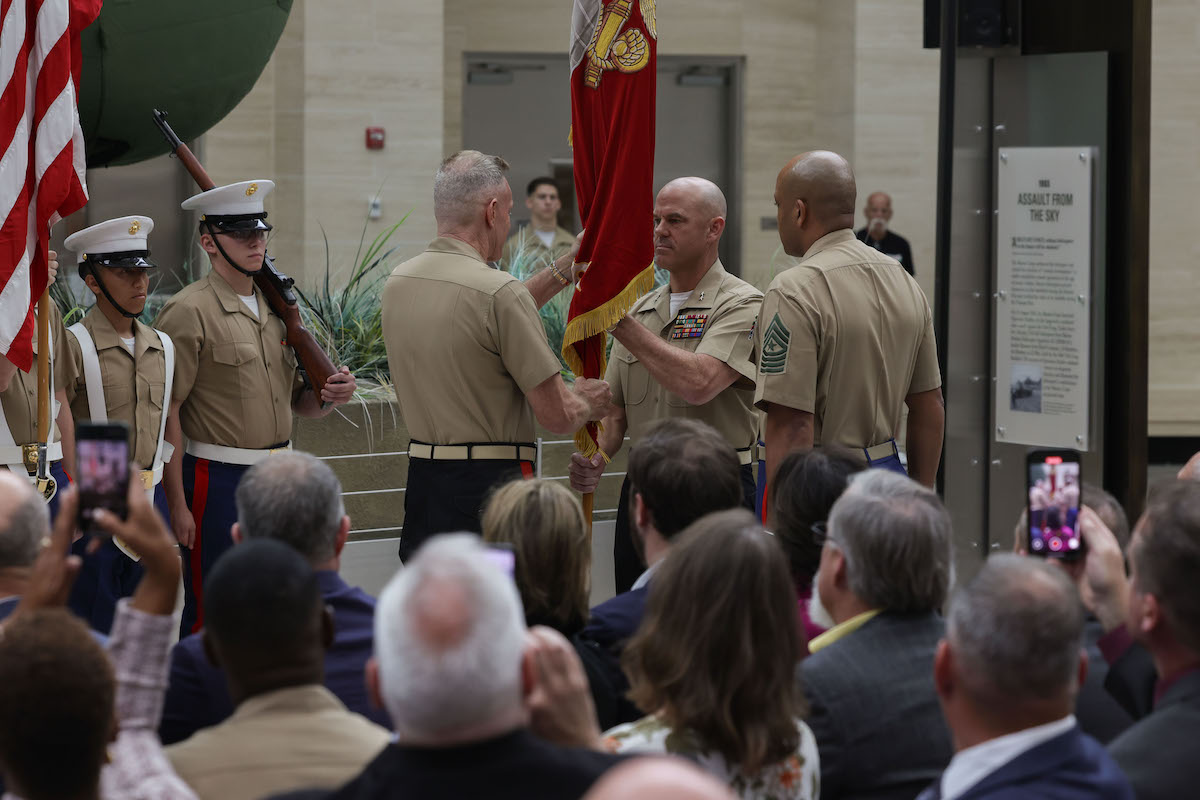By Larry Dandridge
Editor’s note: This article is the second in a series of five.
This article is the second in a series of five that will provide a refresher course on the steps to follow when filing a claim for service-connected disability compensation. Last week’s article covered things military members should do while still serving. This article will:
- Cover things veterans should do after discharge from the military to help them file claims with the VA and the state they live in; and
- Provide a “call to assist veterans and their families” because:
Some veterans and their dependents and survivors are too ill, too impaired, not computer literate, do not have a computer, do not have access to the internet, may not have a phone, may be homeless, do not text or use email, thus making it more important for family members, friends. Veterans service organizations, VA-accredited Veterans Service Officers, the VA, and VSOs collaborate to locate and assist these veterans.
Things to do after a military discharge or retirement
1. Use a VSO: Veterans and their family members should use a VA-accredited Veterans Service Officer (VSO) to help them understand their benefits (federal and state) and file for service-connected disability compensation. VSO services are free. Contact your local VSO to schedule an appointment. Veterans can find South Carolina county VSOs at https://bit.ly/3qbLVSL and Georgia VSOs at https://bit.ly/44KMVA7. They can also search for VA-accredited representatives nationwide at https://bit.ly/3QnCk5M or at VA Regional Offices at https://bit.ly/3TahNn1.
2. Order your DD214, military personnel, medical, dental, and other records: If you did not get a copy of your paper or digitized records when you got out of the military, or if you have lost your records, ask your VSO to help you order copies from the National Archives.
According to the US Department of Veteran Affairs (VA), webpage titled “Request your military service records (including DD214),” which is found at https://bit.ly/41ydmaU and the instructions on Standard Form 180, veterans and eligible family members (and eligible others) can get their military service records from:
- Their respective Military Department Custodian (Medical and Personnel Records) or
- The National Archives & Records Administration (NARA), or the National Archives National Personnel Records Center (NPRC).
Records can be requested by submitting a military records request to the custodians listed on Page 2 of Standard From 180, titled “Request Pertaining To Military Records”. Find SF 180 at https://bit.ly/3OKq6a8.
You can also order your military service records online through Mil Connect, by mail, by FAX, by writing a letter, by hiring an independent researcher (don’t do that), and by visiting the National Personnel Records (NPRC) in St. Louis, Mo., in person.
The more the veteran knows about getting their records, the better. Veterans should read two The Island News articles, at https://bit.ly/4q7jZwP dated May 24, 2023, and https://bit.ly/48pcpaH dated May 31, 2023, describing how to get military records, and they should read the information at the VA’s Request Your Military Service Records webpage, https://bit.ly/41ydmaU.
Veterans can also watch the VA SITREP YouTube video titled, National Personnel Records Center, “How to Get Military Records”, the SITREP, which is found at https://bit.ly/3MPlYEq. Veterans may also want to read the VA News article titled, “Accessing Veterans” records from the National Archives or National Personnel Records Center” (Everything you need to know about accessing Veterans’ records from the National Archives or NPRC), dated May 9, 2023, by Theresa Fitzgerald, NPRC Employee, which is found at https://bit.ly/3OyXtN7.
Veterans can go online to the National Archives website https://www.archives.gov, click on “Veterans’ Service Records,” and follow the instructions on how to request military records and learn about other services for themselves or a family member.
3. Enroll in VA Healthcare and get treated for your service-connected health conditions: See VA webpage “Eligibility for VA disability,” at https://www.va.gov/disability/eligibility/). The sooner veterans enroll in VA healthcare, the better, because upon enrollment:
(a.) The veteran will be assigned to a VA Patient Aligned Care (PACT) Team consisting of:
- A Primary care provider. This is the veteran’s primary care physician, nurse practitioner, or physician’s assistant.
- A Clinical pharmacist. This is a pharmacist who works with the veteran and the veteran’s primary care provider to ensure you’re taking the medications that are right for you and your overall health.
- A Registered nurse (RN) care manager. This nurse ensures that the veteran’s care is coordinated across all providers and services and meets the veteran’s health goals and care plan.
- A Licensed Practical Nurse (LPN) or medical assistant. These are team members who support the veteran and other healthcare providers on the veteran’s PACT team.
- A Social Worker. A very important member of the veteran’s support team. Social workers assist veterans, their families, caregivers, and survivors in resolving Health-Related Social Needs (HRSN) that impact health and well-being. Social work is deeply integrated into the fabric of VA healthcare, offering clinical interventions and services throughout the VA continuum of care. This highly skilled individual is an expert in geriatric care, serving elderly veterans, hospice care, Fisher House, and all other VA services and benefits.
- An Administrative Assistant/Clerk. This person supports you and the other healthcare providers on your team.
- Other Specialists as needed. May include Physical therapy, occupational therapy, speech therapy, a Chaplain, or any other specialties (like Oncology, Orthopedics, cardiology, urology, etc.). Learn more about VA PACT Teams at the VA webpage “Your Primary Care Provider and PACT Team” at https://bit.ly/47aN0zb and https://bit.ly/3IWFH6e.
(b.) The veteran can begin treatment for any eligible health conditions, which should not only help improve the veteran’s physical, mental, and spiritual health, but also help document service-connected (and non-service-connected) wounds, injuries, illnesses, conditions, events, traumas, and problems.
(c.) The veteran and their family can work with the PACT Team Social Worker to obtain other necessary services and benefits, such as counseling, housing resources, referrals to Fisher House facilities, arranging service member benefit payments, elderly veteran care, home health care, transportation, financial assistance, linkage to VA and community agencies, health-related social needs, education and support for caregivers, and more.
Continued next week.
Larry Dandridge is a Vietnam War wounded warrior, disabled veteran, ex-Enlisted Infantryman, ex-Warrant Officer Pilot, and retired Lt. Colonel. He is a past VA-accredited VSO, a Patient Adviser at Charleston and Durham VA Hospitals, a Fisher House Charleston/Friends of Fisher House Charleston Goodwill Ambassador, and the Veterans Benefits Adviser for his local Association of the U.S. Army (AUSA) Chapter and Cary, N.C., VFW Post 7383. Larry is also the author of the award-winning “Blades of Thunder (Book One)” and a contributing freelance writer with The Island News. Contact him at LDandridge@earthlink.net or 843-276-7164.









